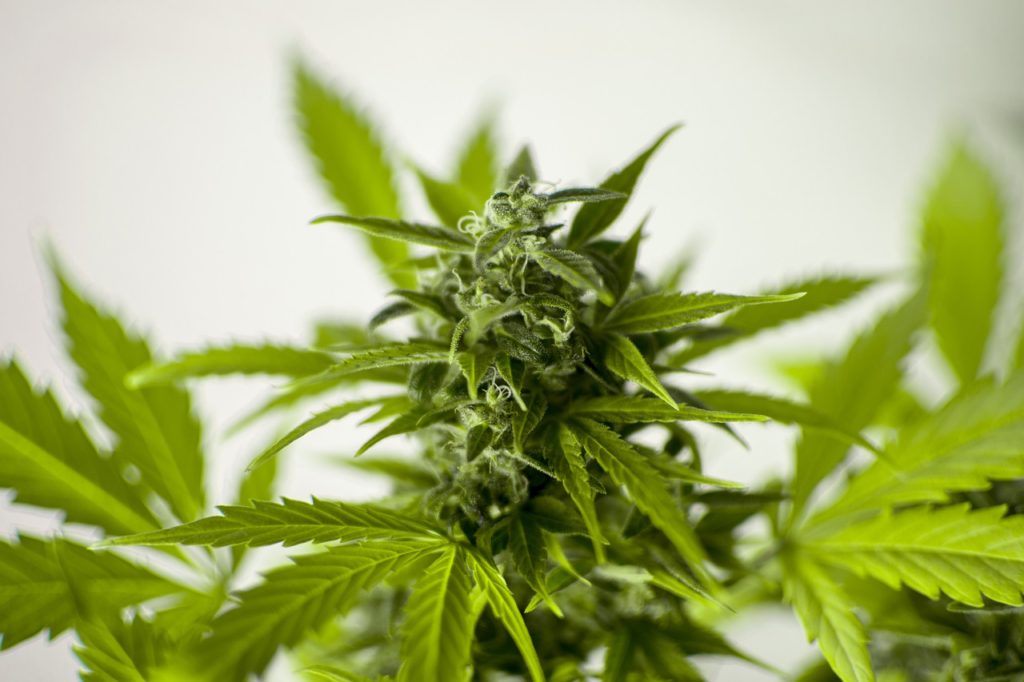Few investment options predict the potential ups and downs of the cannabis industry. The marijuana market is extremely attractive. Investors are keen to think about the opportunities this no-longer illegal substance offers. The latest research indicates that by 2021, the cannabis market will be worth less than previously thought. This concerns investors, for the time being.
Cannabis investors seek better “smoke signals”


More than 25 countries are seriously considering changing the legal status of cannabis. The perception of “weed” as a business is rapidly evolving. If you can deal with the instability in the short term, the longer-term perspective seems to be very fruitful. According to a report by Grand View Research, Inc., the legal cannabis market could reach $66 billion by the end of 2025.
That’s what lured the likes of Kathy Ireland and Martha Stewart. Also engaging are big beverage companies like Constellation, and tobacco giants like Altria.
The Canadian market after legalization remains limited
The Brightfield Group research firm says that by 2021, the market will be worth $5 billion. That is much less than previously estimated. This means that, for the time being, investors are concerned.
One of the problems is competition from the black market. Electronic cigarettes, edibles and other products remain illegal, so it is difficult to draw customers away from the black market. Legal marijuana is also more expensive. But perhaps more importantly, legitimate business is unbelievably confusing.
This creates uncertainty for clients. Furthermore, investors are caught between using loopholes and the fear of breaking the law.
The legality of growing, trading, and taxing a product
Anthony Saniger, CEO of Standard Dose, is trying to help consumers evaluate what’s available on the market. His company is testing and investigating cannabis products to make sure they are safe and legitimate.
What does “safe” mean? This is what science says: cannabis plants have two key elements. The first is THC, it’s well-known psychoactive compound. The second is CBD, Cannabidiol, which has no psychoactive properties. According to the 2018 Farm Bill, everything that contains less than 0.3% THC in it has a classification as industrial cannabis and is suitable for use.
Sanigera is a company dealing with CBD-based products, focused on medical services. Saniger says the industry is in desperate need of regulation. Many of the products he tests do not comply with the regulations. Some “CBD oils” did not contain CBD at all. Currently, the FDA (Food and Drug Administration) seems to be heavily lost.


Countries also want to make money
Meanwhile, the governments of individual countries are considering introducing taxes on cannabis cultivation. Ten states in the USA have already legalized cannabis. However, it is still illegal at the federal level. As a result, even “legitimate” cannabis businesses use cash to settle business transactions on a daily basis.
It seems that the approach to the subject of cannabis is changing. Nielsen recently conducted a study in the United States that shows that people have a greater interest in the medical properties of cannabis than in its recreational use.
It turns out that one in three adult Americans considers cannabis to be a good remedy for chronic pain and minor injuries. Also, cannabis helps with sleep issues and improves mental health. The data shows how large the market is – more than three times the number of adults in Canada. Looking at marijuana from this perspective will certainly increase its investment potential.
A different approach to the industry
Bruce Linton, President of Canopy Growth, understands the situation better than others. In his opinion, the approach to the industry has changed significantly in the last few months. He recently demonstrated these changes by partnering with Martha Stewart.
Like Saniger, Linton is excited about the potential of products focused on health and wellness. He believes that new products, such as drinks and e-cigarettes, will expand the sector, creating added value for consumers and investors.
It is much easier to discuss cannabis in countries where the government is already discussing legalization. The situation is completely different in countries where prohibition is enforced. These are the place where the negative attitudes towards cannabis are more deeply rooted.


The “spread” administration
One such country is the United Arab Emirates (UAE). They believe that CBD oil is no different from its psychoactive counterpart. Dubai police recently reported that in the first quarter of 2019, more than 100 people were arrested in the Emirates for possessing this oil in electronic cigarettes.
However, even in the UAE, a ray of light may appear in the midst of dense, aromatic clouds. According to a recent statement from the Dubai municipality, seed oil from cannabis is legal in Dubai. Like oil or coconut oil, it comes from the cold pressing of seeds and not from flowers and leaves. As the authorities say, ‘this is okay’. Once again, the nuances decide everything.
A desperate industry
The challenge for an industry desperately looking for ways to legalize is how to navigate through these complexities.
Wherever you are in the world, the investment potential is clear and the obstacles lie in the legal framework, product regulations and standards. More countries are taking a serious approach to a product that would never have had a chance in the market before.
Watching how this story goes on can be fascinating. But for now, it is important to say: hopes are high.
—
(Featured Image by Sharon McCutcheon)
First published in money, a third-party contributor translated and adapted the article from the original. In case of discrepancy, the original will prevail.
Although we made reasonable efforts to provide accurate translations, some parts may be incorrect. Hemp.im assumes no responsibility for errors, omissions or ambiguities in the translations provided on this website. Any person or entity relying on translated content does so at their own risk. Hemp.im is not responsible for losses caused by such reliance on the accuracy or reliability of translated information. If you wish to report an error or inaccuracy in the translation, we encourage you to contact us.



Comments are closed for this post.